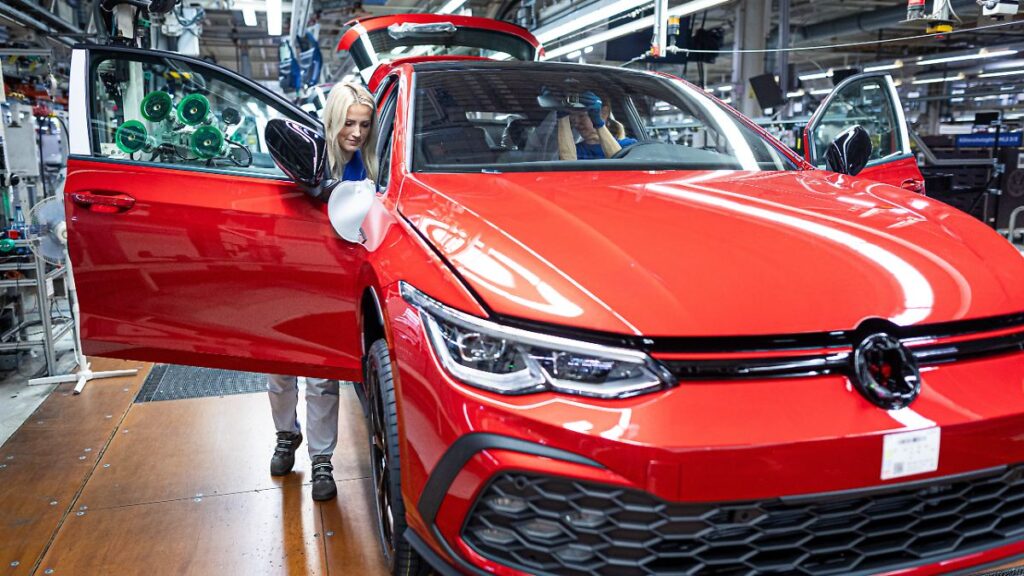
“This might be difficult again”VDA warns of further chip bottlenecks in the automotive industry
The dispute over chip company Nexperia has caused turmoil in the auto industry in recent weeks. Although the conflict has subsided, the VDA chief still sees a challenging future for the industry.
President of the Automotive Industry Association (VDA), Hildegard Müller, believes that the chip crisis caused by the Nexperia manufacturer has not been resolved. “The situation is still tense, but so far the company has been able to maintain its structure. It could become difficult again in January and February,” Müller said at a Ständehaus meeting in the “Rheinische Post”.
He explained the reason: “There is a shortage of initial products from Germany that are further processed in China.” But the industry is making every effort to find alternative ways and secure supplies.
Manufacturers and suppliers have recently been forced to cut production due to a shortage of Nexperia chips. The supply problems stem from a dispute between the Netherlands and China over the company. China recently announced an easing of exports and the Netherlands stated that they also want to relinquish state control over the company again.
The head of the association also asked the black-red coalition to agree on a position in the debate regarding the suspension of the ban on combustion engines. “On December 10, Brussels will publish its proposals on how it envisions increasing the fleet. I find it absurd that Germany does not have a position on this,” Müller said, with a view to the next coalition committee. “Combustion engines must be part of the solution,” continues Müller – for example with environmentally friendly fuels and openness to technology. In early December, the EU Commission wants to submit a legislative package for CO₂ regulation, which also provides for the end of the combustion engine by 2035.
On the other hand, Müller was skeptical of the employment guarantees that Finance Minister Klingbeil demanded in return: “We are fighting for jobs every day. If technology remains in Germany, then jobs will also remain.” However, the transformation will eliminate 190,000 jobs by 2035 because combustion engines have more components than electric cars.





